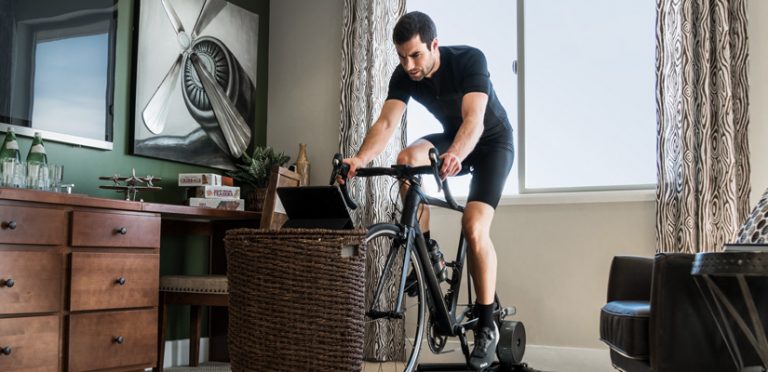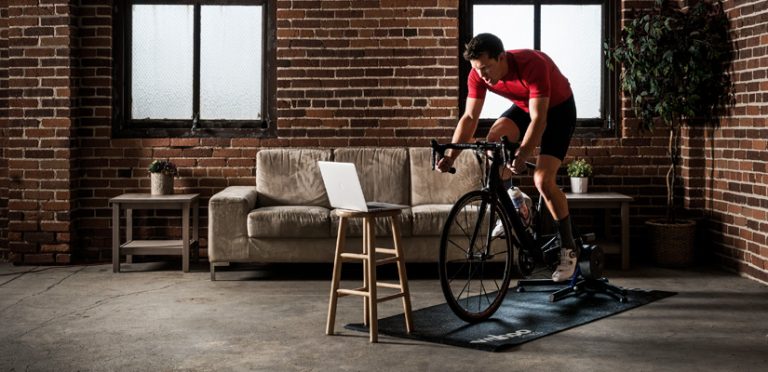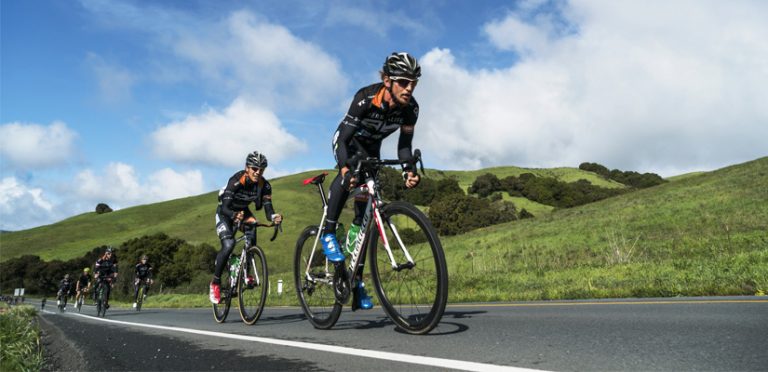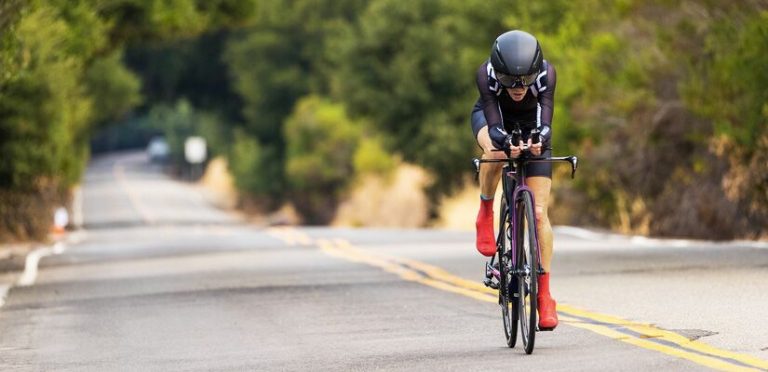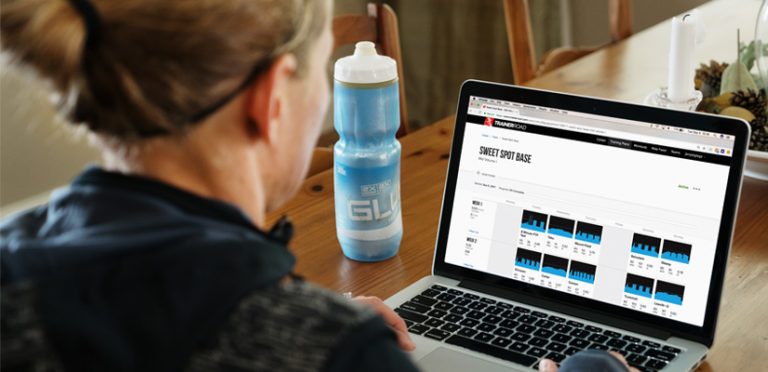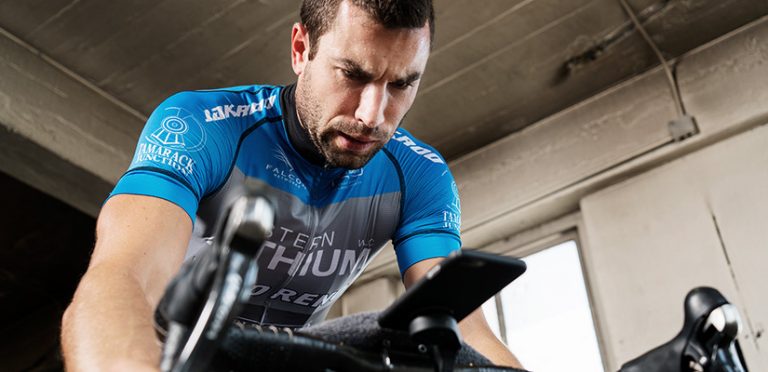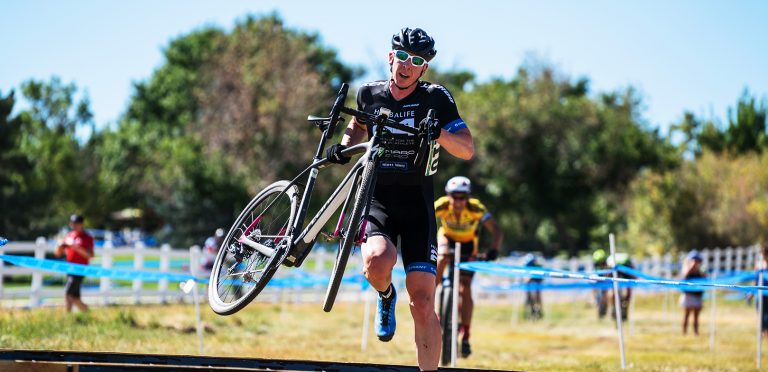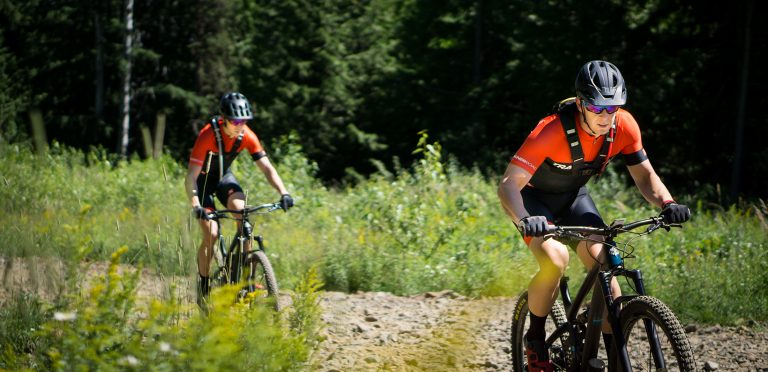Answer: The High-Volume Sweet Spot Base plan has a very specific training load, in both volume and intensity. This allows for a very high TSS relative to all other training plans. This high training stress score does not translate directly to other plans, including those in the Build Phase. High-Volume Sweet Spot Base is in…
